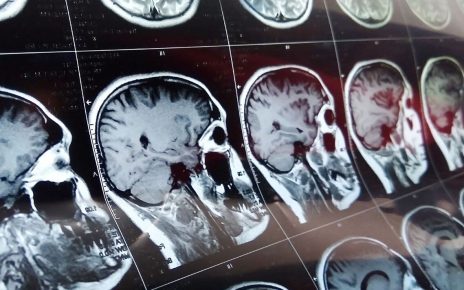Researchers at the Vancouver Prostate Centre have developed a new blood test that provides unprecedented insight into a patient’s cancer make-up, potentially allowing doctors to better select treatment options that will improve patient outcomes.
The technology was outlined in a study published today in Nature.
The first-of-its-kind blood test analyzes the DNA that metastatic cancers shed into the bloodstream, known as circulating tumour DNA or ctDNA. By sequencing the entire genome of this ctDNA, the test reveals characteristics that are unique to each patient’s cancer, giving physicians new tools to develop more personalized treatment plans.
“With only a few drops of blood, we can uncover critical information about a person’s overall disease and how best to manage their cancer,” says Dr. Alexander Wyatt, an assistant professor of urologic sciences at the University of British Columbia (UBC) and research scientist with the Vancouver Coastal Health Research Institute (VCHRI) and BC Cancer. “This test has the potential to help clinicians choose better tailored treatment options and to more efficiently detect treatment resistance, allowing clinicians to adjust clinical care as needed.”
For the study, the researchers examined ctDNA samples collected from patients with metastatic prostate cancer. Metastatic cancer — cancer that has spread to other organs in the body — is not often curable, and chemotherapy and newer targeted therapies may not work for all patients. Biopsies to help determine the best treatments for this type of cancer are rarely performed due to their invasive nature and the high risk of complications. This is often a major barrier in studying and treating this disease.
The researchers discovered that whole genome sequencing of ctDNA provides a host of information about the different metastases spread throughout the body. Using newly developed computer programs, the researchers were able to pinpoint the unique genetic make-up of various cancer populations in the body to gain a more comprehensive understanding of the disease.
Source: Read Full Article



